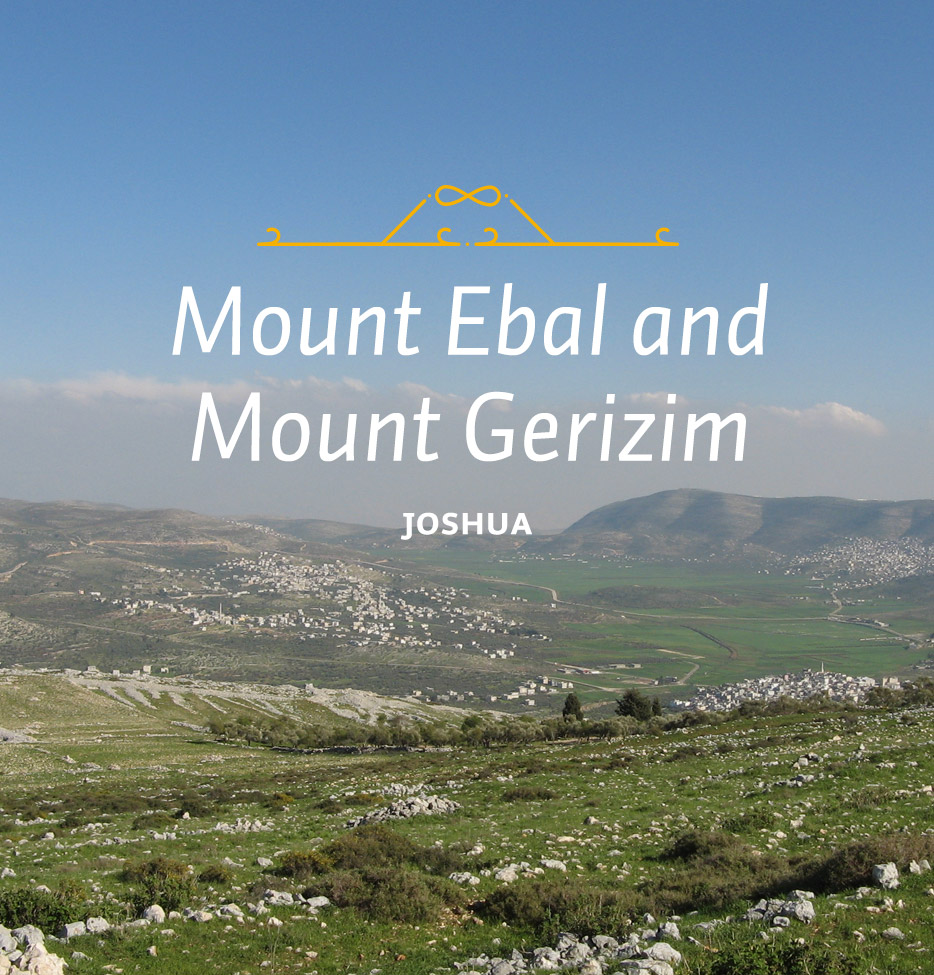It’s agreed by most Old Testament scholars that the heart of the Old Testament law is the book of Deuteronomy, and that the heart of Deuteronomy is the list of blessings and curses that are found in chapters 27 through 30 of that important book. Deuteronomy presupposes an eternal covenant established by God with His people. But it goes on from that fixed point to discuss the principle of blessing and lack of blessing which is based on either the obedience or disobedience of the people to the revealed law of God, which is where this list of blessings and curses comes in. Chapter 27 contains a long list of the curses, while chapter 28 contains the blessings. Then there are two chapters that talk about a renewal of the covenant. At the very end, Moses, who is speaking, restates the principle, calling them to choose obedience: “This day I call heaven and earth as witnesses against you that I have set before you life and death, blessings and curses. Now choose life so that you and your children may live and that you may love the Lord your God, listen to His voice, and hold fast to Him.”
It’s really a sermon, preached by Moses to the people prior to their entrance into the Promised Land. And once they reached Canaan, it was then enacted by Joshua, who at that time was the leader of the people after their entrance into the Promised Land. And, moreover, the ceremony that Joshua established, after the beginning of the conquest, was in direct obedience to what God had told the people to do through Moses and recorded in the book of Deuteronomy some time before. It makes fascinating reading to take this section of Deuteronomy and compare it with the fulfillment that we find at the end of Joshua 8.
Now, Moses had never been in the Promised Land; but he knew something about it, either by report—perhaps the report of the spies—or else by direct revelation. At any rate, when he got to this section of his writing, he said, “When you enter the Promised Land, there’s an area there that you’re to visit and at which you’re to camp. It’s a place where there are two mountains. One mountain is called Mount Ebal, and the other mountain is called Mount Gerizim. That’s the place to which you are to go. When you arrive there, you’re to divide up your party. Half of the twelve tribes are to be on one mountain, and half of the twelve tribes are to be on the other mountain. And then with that setting, these curses and blessings that I give you this day are to be read.” Of course, that’s precisely what Joshua did.






